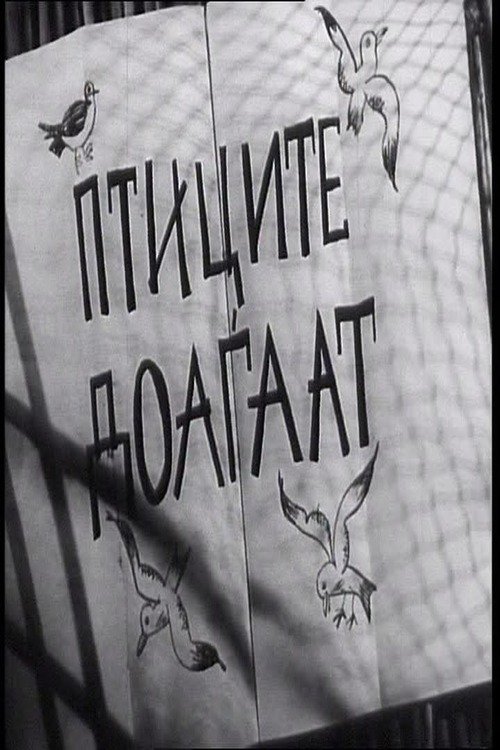

A feature-documentary story about the way of fishing on Lake Dojran, with the help of cormorant birds. It talks about the connection between people and birds that are the best workers and irreplaceable assistants to fishermen. When the birds are gone, the fishermen are sad, but when the birds come, the fishing can begin.
No Trailers found.

Tatkoto

Deteto